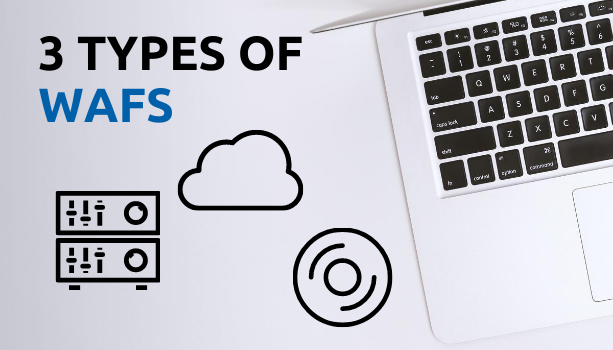You can choose from various types of Web Application Firewalls (WAF). Before choosing one, it is important to understand the differences between these types of WAF.
Commercial And Open-Source Options
Whether you need a web application firewall for a personal project or your business, a few commercial and open-source solutions are available. Premium options like the AWS web application firewall offer the best protection, while free sources are an excellent choice for personal projects and those that need less protection. But deciding which web application firewall is best for your needs is not as easy as it may seem.
Web application firewalls are a great choice for companies concerned about protecting their web applications. They help to safeguard web applications from attacks such as zero-day exploits and malware infections. They also help protect against impersonation attacks. They effectively protect your business from online threats, which are essential to protecting your data.
.
PCI-DSS Compliance
Web application firewalls (WAFs) protect web applications from web-based attacks and malware. They can protect applications visible to the public or those that handle payment card data on an intranet. They must be updated regularly and generate audit logs for PCI-DSS compliance.
Web application firewalls add PCI-DSS compliance capabilities to your security infrastructure. These technologies are designed to detect and prevent known and unknown threats. However, as the threat landscape continues to evolve and new attacks emerge, your application must be protected. With the PCI-DSS standard in place, you can rest assured that your web applications are secure. PCI-DSS requires an organization to monitor network access and cardholder data. This includes monitoring individual transactions and privileged user activities. In addition, the organization must limit access to audit trails. Unfortunately, approximately 71% of assessed merchants fail to meet this requirement. Fortunately, PCI-DSS-compliant web application firewalls fulfill these requirements without sacrificing server performance or application performance.
Effectiveness Against XSS Attacks
The effectiveness of web application firewalls against XSS attacks depends on the type of attack that is being targeted. XSS attacks involve injecting malicious code into a web page that executes once a user visits the site. They can be carried out through targeted cyberattack techniques, such as phishing, that use social engineering to gain access to a victim’s personal information. XSS attacks commonly occur on websites that use scripting languages, including JavaScript. XSS attacks are often damaging and have multiple variants. A commonly used technique involves injecting a payload into a web application, such as a form, where a user submits it. The attacker will then persist the malicious code in the application so that it is delivered to the user’s browser whenever the user views the page. This can lead to unauthorized access to a user’s personal data and identity.
Cloud-Based Options
Web application firewalls provide various functions to protect a business’s websites. They can stop DDoS attacks and prevent the loss of confidential data. They also help companies stay compliant with various regulations. There are several cloud-based options available.
Cloud-based WAFs are a great way to protect your web applications. These systems offer the highest level of security without the cost of installing and maintaining a server on your premises. Moreover, you don’t have to worry about maintenance and hardware replacement costs, as the provider will take care of these issues for you.
Cloud-based options are available for both hardware and software WAFs. However, the hardware WAF is a more expensive option. The software-based WAF is installed on a virtual machine, which can run multiple systems on a single machine. Its price is based on data throughput, which is billed monthly.









